Retriever Choice Chops Adult Beef Recipe Dry Dog Food – 163632399
Retriever Choice Chops Adult Beef Recipe Dry Dog Food is a dry dog food formula developed specifically to meet the nutritional needs of your dog. Featuring meat and bone meal as the main ingredient, this balanced recipe offers a high-quality source of protein that aids the body to heal tissue, grow hair, and maintain smooth skin and coat.
Retriever Choice Chops Adult Beef Recipe Dry Dog Food is a dry dog food formula developed specifically to meet the nutritional needs of your dog. Featuring meat and bone meal as the main ingredient, this balanced recipe offers a high-quality source of protein that aids the body to heal tissue, grow hair, and maintain smooth skin and coat.
- Dry dog food with a hearty beef flavor that dogs love
- 100% complete and balanced dog food for adult dogs
- Adult dog food contains 23 vitamins and minerals
- High-quality protein supports muscle strength
- 52 lb. bag of dog food
Additional information
| Country of Origin | Made in USA |
|---|---|
| Breed Size | Extra Small, Small, Medium, Large, Extra Large |
| Flavor | Beef |
| Health Features | Muscle Health, Skin & Coat Health |
| Life Stage | Adult |
| Primary Flavor | Beef |
| Special Diets | Nutrient Enriched |
| Manufacturer Part Number | 10325652 |

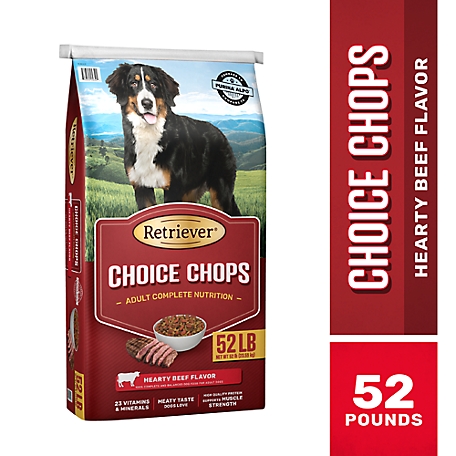

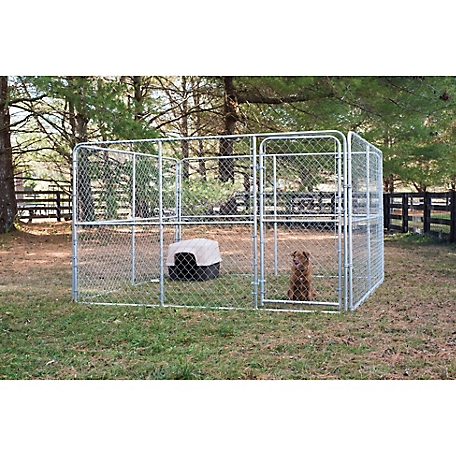
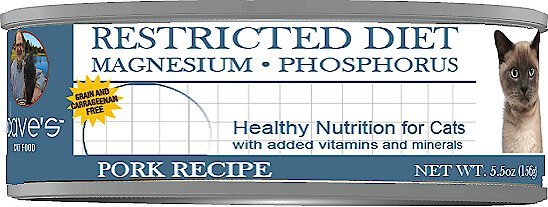
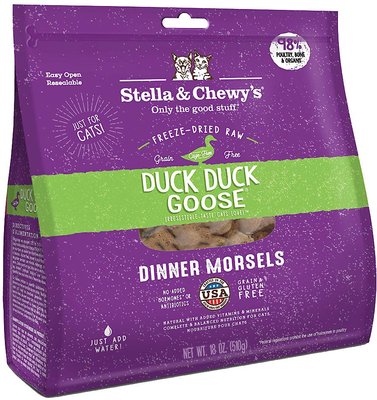
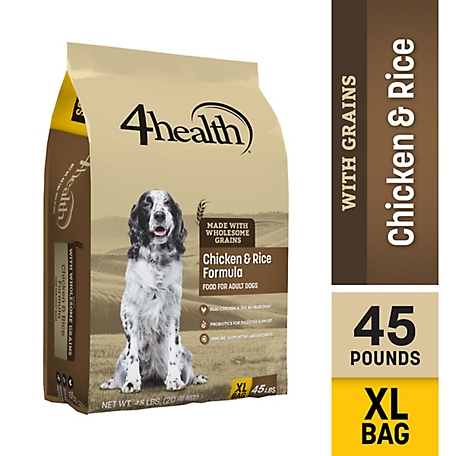
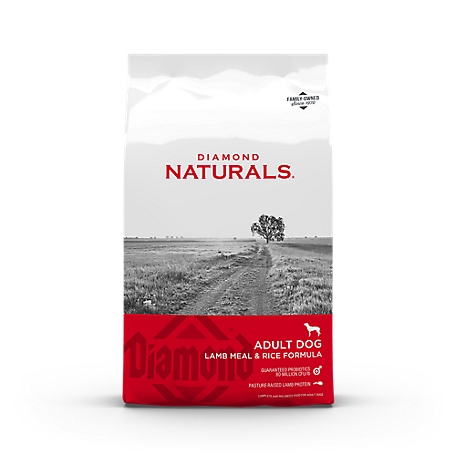
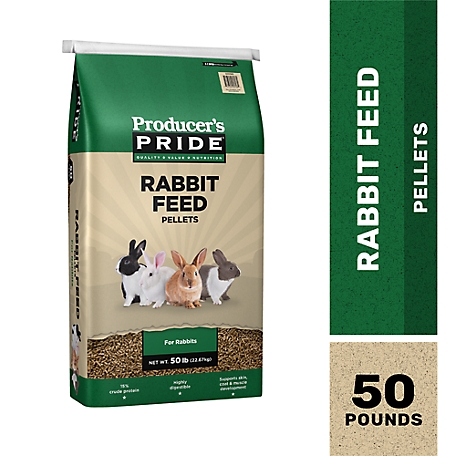

by Marilyn
Dogs love it great product.
by Lynn
my dogs love it and finally something affordable and with my handicaps it’s a blessing for the curbside delivery. Thank you.
by Cassie
Love this brand of dog food, my dogs love it and it keeps them at a healthy weight.
by Christa
Ordering online is always an easy process.